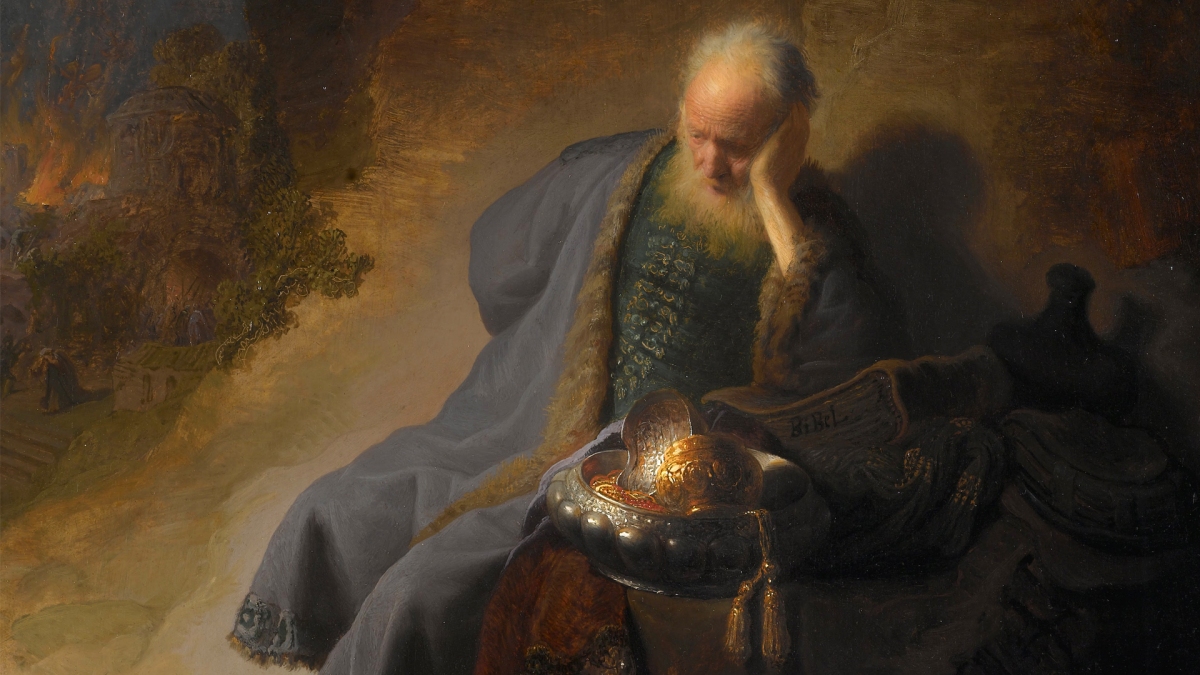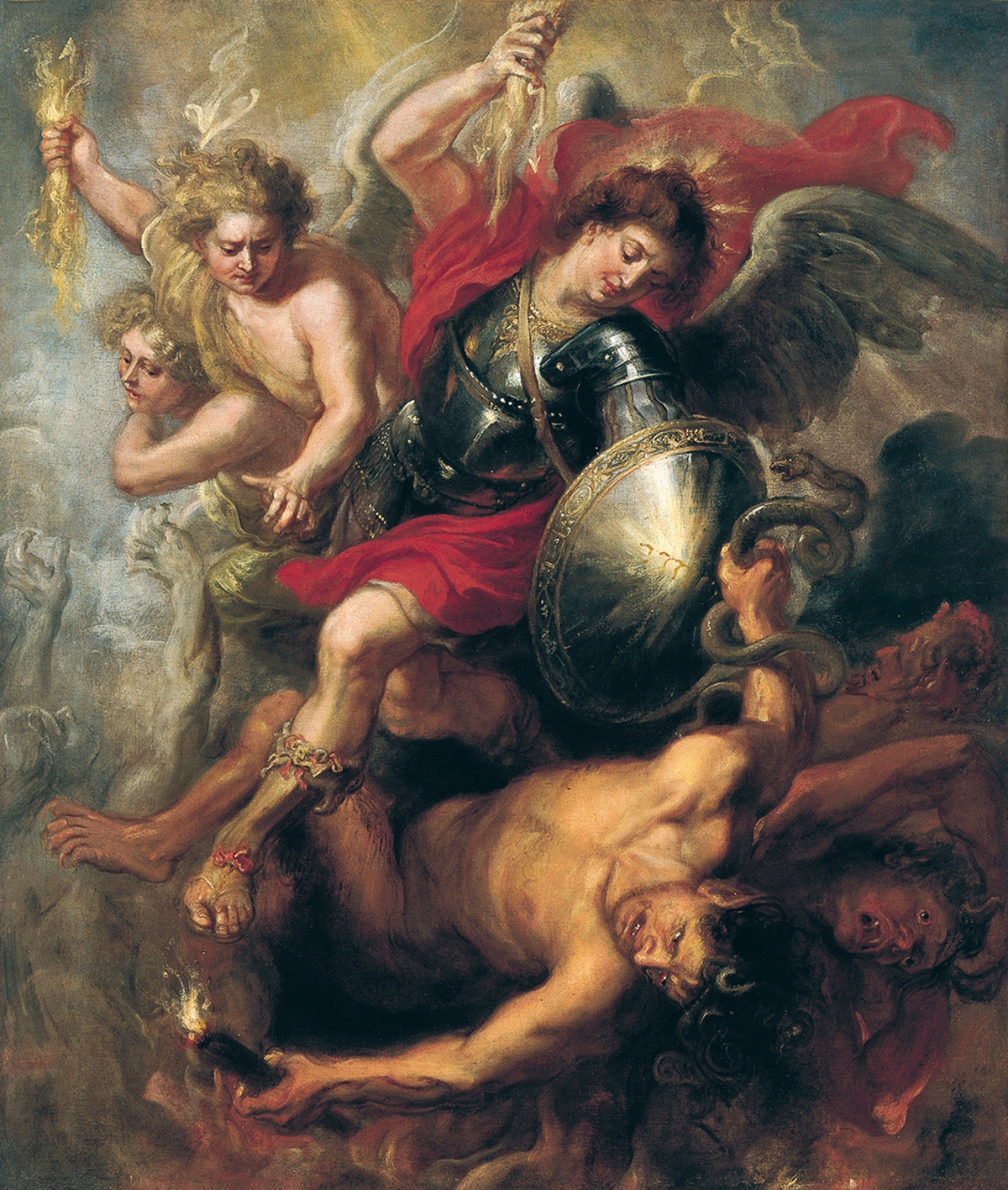Isaiah has been building up to the reign of a righteous king (cf. 32:1; 33:16), and in chapter 36, we finally arrive at the reign of Hezekiah. Isaiah and Hezekiah witnessed the northern kingdom fall to the Assyrians. Now, the Assyrians are at the backdoor of the Judahites—taking the fortified cities (36:1) because Hezekiah had rebelled against them (2 Kings 18:7–8). Hezekiah panics and offers to pay tribute to stop the siege—his father, Ahaz, having aligned with the Assyrians, Hezekiah wanted to only trust in God. Sennacherib names his price, but it doesn’t stop there (2 Kings 18:14–16). When Sennacherib sends a message, the scene is similar to Isaiah’s prophecy in 31:1–9. It’s a folly to trust in Egypt, which Israel tried to do under King Hoshea (2 Kings 17:1–4; cf. 36:4–6). Egypt couldn’t stop the Assyrian conquering of Israel, so Judah and Jerusalem had best not even entertain the idea. God, however, has promised to deliver Jerusalem.
Rabshakeh (a royal title meaning “chief of the officers”), Sennacherib’s mouthpiece, derides any talk of Hezekiah trusting in his God (36:13–20). They believe that Hezekiah has offended God (36:7; cf. 2 Kings 18:3–6) and that YHWH sent the Assyrians to punish him (36:10). Given his language usage, Rabshakeh may have been privy to Judah’s internal affairs (compare 36:6 with 10:5–6). Nevertheless, his words so upset Judah’s high officials that they tear their clothes and tell Hezekiah what was said, and he, in turn, rips his clothes and adorns himself with sackcloth (36:22–37:1). What else is a king to do but inquire of God’s prophet (37:2)?
God’s message to Hezekiah is, “Don’t worry about what’s being said because I will distract him” (37:6–7). Rabshakeh is still so focused on Judah and Jerusalem even while Sennacherib moved on to war against others, so he was sure to try to keep them in fear (37:10–13). Hezekiah doesn’t dwell on the message. He doesn’t get unraveled by it. Instead, he takes it to God and prays (37:14–20). Isaiah delivers God’s reply to Rabshakeh’s message to Hezekiah, and the word is that Assyria will not succeed in their endeavor to take Jerusalem. Before any of this ever came to be, God promised to break Assyria (14:24–25), and he does so (37:36–38). The Assyrian threat has subsided, and Sennacherib has died at the hands of his sons.
Having prayed for deliverance from the Assyrians, Hezekiah now prays for deliverance from death (38:1–3). God grants his request and sets his reign distinct from his father, Ahaz’s (38:8). Ahaz had been subject to Assyria, resulting in hefty tributes and Assyrian gods introduced into the temple. Hezekiah had torn down all such altars and shrines, the very thing Rabshakeh believed offended God (36:7) was something that pleased him. Hezekiah recovered from his illness, but the Babylonians would learn of this and send messengers with a letter. Hezekiah would show them all the riches of his dominion (39:1–2). Isaiah’s reply to Hezekiah’s actions is matter-of-fact (39:3–7). Hezekiah’s reply to that seems even odder (39:8), but some linguists suggest that the king accepts God’s judgment and then, under his breath, mutters or thinks the last line. The Chronicler, however, reads the scene differently (2 Chron. 32:24–31). Hezekiah had become proud but then humbled himself to God. Hezekiah knew Judah would fall, but not during his reign.



